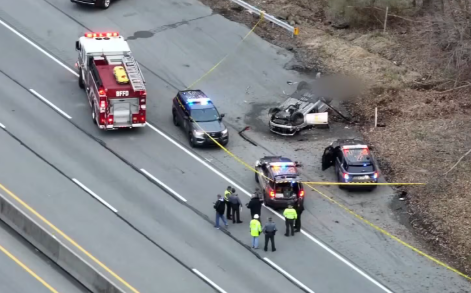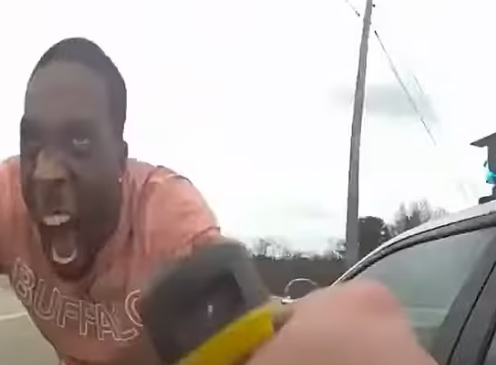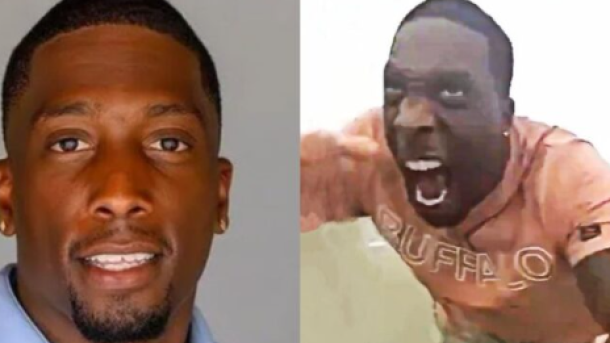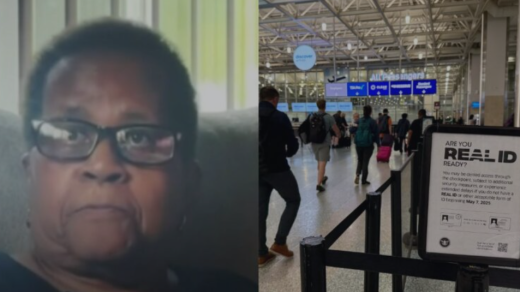The DeShawn Leeth shooting has stirred deep emotions and conversations across communities in Ohio and Pennsylvania. On April 11th, 33-year-old Leeth lost his life during a tense confrontation with police on the Ohio Turnpike, moments that were captured on body camera footage.
The situation began with a single-vehicle crash and quickly spiraled into chaos. Initially, it was a routine police response, but things escalated fast. After allegedly threatening to kill an officer, a trooper deployed a Taser, which failed to subdue Leeth. A violent struggle broke out, ending with Leeth seizing the officer’s patrol car and fleeing the scene.
The high-speed pursuit stretched across state lines, lasting about 11 minutes before Pennsylvania State Police stopped the stolen vehicle using tactical measures. The crash that followed flipped the vehicle. As troopers approached the wreck, the confrontation reached its tragic conclusion — shots were fired, and DeShawn Leeth was fatally struck.

DeShawn Leeth Shooting and His Troubled Past
Leeth’s life was filled with hardship and obstacles from an early age. First arrested at 18 for multiple home invasions in Michigan, he spent years behind bars. He often spoke candidly about his unstable childhood, shaped by his mother’s battle with addiction and a deep-seated mistrust of authority.
Despite his early choices, those close to him say Leeth was trying to change. After his release from prison in 2023, he founded a nonprofit called Underdawg Nation, which aimed to guide at-risk youth away from crime and violence. He used his own story as a warning, mentoring teens and encouraging them to pursue a better path. Family and peers described him as passionate, empathetic, and committed to creating positive change.

DeShawn Leeth Shooting Sparks Bigger Questions
The DeShawn Leeth shooting has left many questioning how we approach rehabilitation, mental health, and policing in high-stress situations. While Leeth had a criminal history, he was also making meaningful strides toward redemption. Those who knew him are grappling with the loss, especially knowing how dedicated he was to changing his life and helping others do the same.
This case shines a light on the complexities of reintegration for formerly incarcerated individuals — especially those dealing with unhealed trauma or undiagnosed mental health struggles. It also raises concerns about how law enforcement handles cases involving people in emotional or psychological crisis.
As the officers involved remain on administrative leave, conversations continue around how tragedies like the DeShawn Leeth shooting can be prevented — and what it truly means to offer someone a second chance.
Source: www.inquisitr.com



